The U.S. Federal Reserve on Wednesday raised its benchmark interest rate by a half percentage point, marking the sharpest rate hike since 2000, as it takes more aggressive steps to rein in the highest inflation in four decades.
The Federal Open Market Committee (FOMC), the Fed's policy-making body, decided to raise the target range for the federal funds rate to 0.75 to 1 percent, the Fed said in a statement after a two-day policy meeting.
The committee also decided to begin reducing its holdings of Treasury securities and agency debt and agency mortgage-backed securities on June 1, according to the statement.
"Although overall economic activity edged down in the first quarter, household spending and business fixed investment remained strong," the Fed said. "Job gains have been robust in recent months, and the unemployment rate has declined substantially."
"Inflation remains elevated, reflecting supply and demand imbalances related to the pandemic, higher energy prices, and broader price pressures," the Fed noted, adding that the Russia-Ukraine war and related events are creating "additional upward pressure" on inflation and are likely to weigh on economic activity.
In addition, COVID-19 related lockdowns in China are likely to exacerbate supply chain disruptions, the statement read.
"The Committee is highly attentive to inflation risks," the Fed said.
The Fed usually lifts interest rates by a quarter percentage point, and the newly announced half-percentage-point rate hike, along with imminent move to shrink its 9 trillion-dollar balance sheet, would mark a shift to a more aggressive tightening mode.
The Fed's decision was aimed at fighting the surging inflation, as concerns are growing that high inflation would become entrenched.
The Labor Department reported that the U.S. consumer price index (CPI) in March continued to rise at the fastest annual pace in four decades, surging 8.5 percent from a year earlier. That followed a 7.9 percent year-on-year gain in February.
U.S. personal consumption expenditures (PCE) price index, the Fed's preferred inflation measure, soared by 6.6 percent in March over the past year, well above the Fed's 2-percent inflation target, the Commerce Department reported last week.
"The labor market is extremely tight, and inflation is much too high," Fed Chair Jerome Powell said Wednesday afternoon at a virtual press conference, noting that the Fed is moving "expeditiously" to bring inflation back down.
"There is a broad sense on the committee that additional 50 basis point (interest rate) increases should be on the table at the next couple of meetings," Powell told reporters.
When asked about recession risks, the Fed chair said that "we have a good chance to have a soft or softish landing or outcome," as households and businesses are in strong financial shape, and the labor market is very strong.
Noting that there is imbalance between supply and demand in the labor market, the Fed chair said its policies would moderate demand, which would help lower job vacancies. With more people coming back to the labor market, supply and demand will come back into balance.
"That would give us a chance to get wages down, and get inflation down, without having to slow the economy and have a recession, and have unemployment rise materially. There is a path to that," he said.
Powell, however, noted that a soft landing is not guaranteed. "But I'll say I do expect that this will be very challenging, it is not going to be easy," he said.
In a separate statement titled Plans for Reducing the Size of the Federal Reserve's Balance Sheet, the central bank said the FOMC intends to reduce the Fed's securities holdings over time in a "predictable manner" primarily by adjusting the amounts reinvested of principal payments received from securities held in the System Open Market Account (SOMA).
Beginning on June 1, principal payments from securities held in the SOMA will be reinvested to the extent that they exceed monthly caps, the statement said.
For Treasury securities, the cap will initially be set at 30 billion U.S. dollars per month and after three months will increase to 60 billion dollars per month, the statement noted.
For agency debt and agency mortgage-backed securities, the cap will initially be set at 17.5 billion dollars per month and after three months will increase to 35 billion dollars per month, according to the statement.








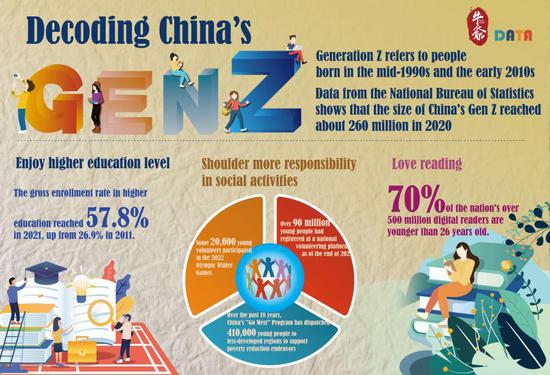

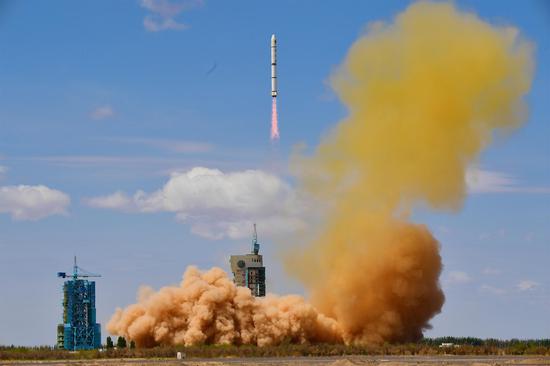

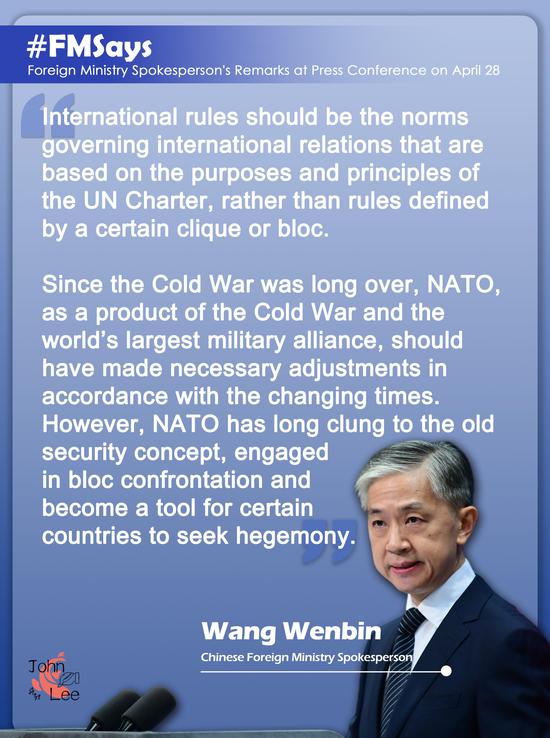




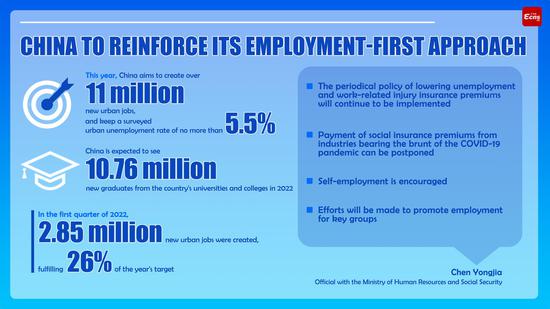




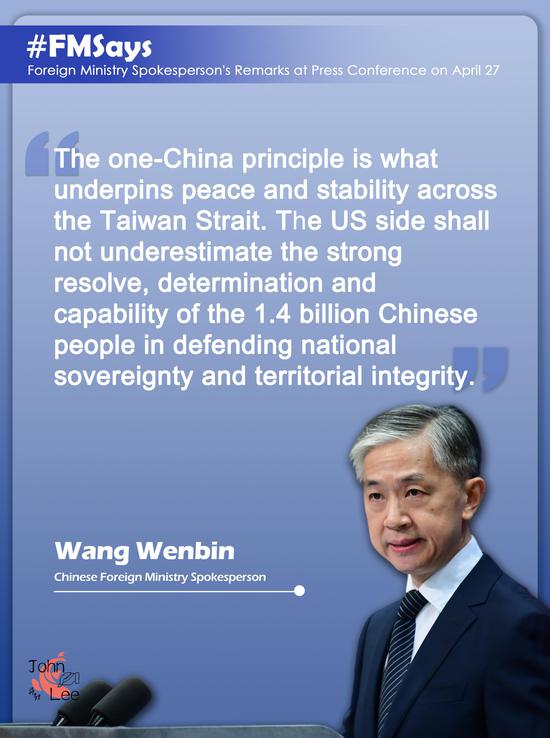


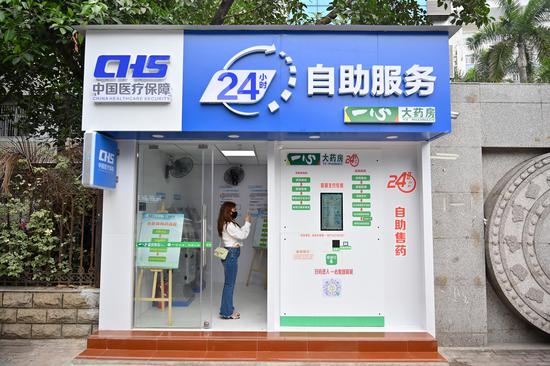
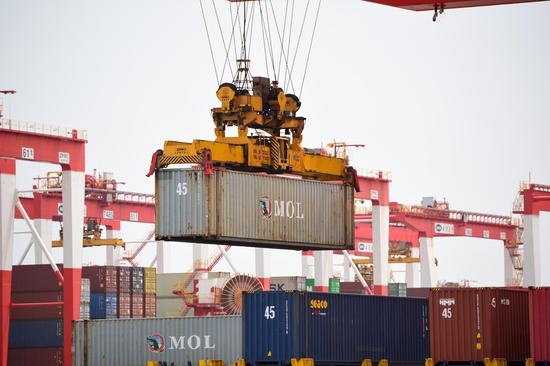







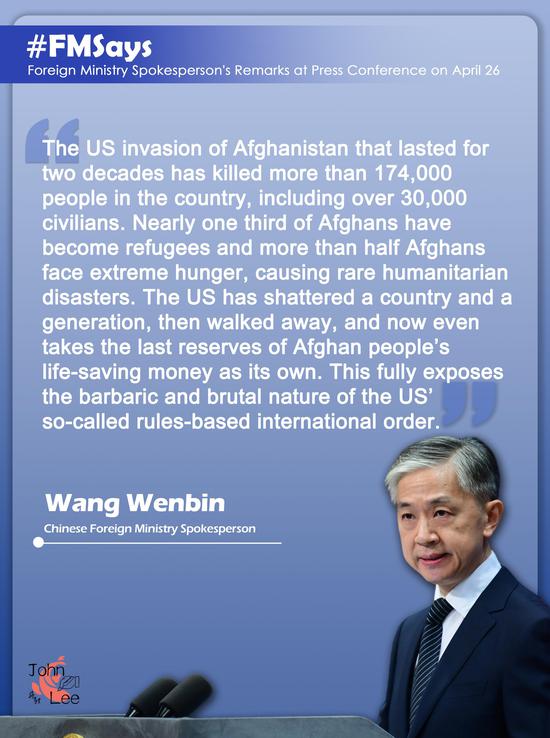


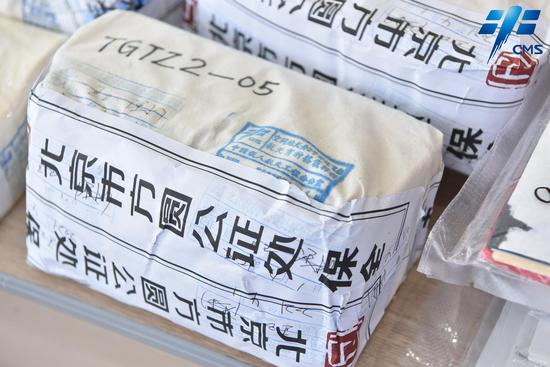












 京公网安备 11010202009201号
京公网安备 11010202009201号